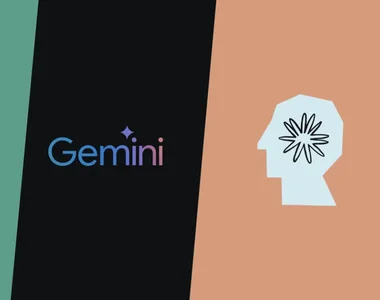
It's late, but instead of sleeping, you're watching another negative energy video on the internet. Continuously following news or content on social networks about disturbing events - such as tragedies, disasters or scandals - is called "doomscrolling" or "doomsurfing".
Who is more prone to "doomscroll"?
Anyone can spend a lot of time obsessing over negative news and social media content. But a study shows that:
- Men are more inclined than women towards "doomscroll";
- Young people are more inclined than older people to do this;
- People who follow or participate closely in politics are more prone to doomscroll.
What makes us want to "doomscroll"?
Many of us try to stay informed on current events that concern or affect us. But constantly dealing with negative information in this way can create problems.
Some factors that can lead to doomscrolling include:
- When you feel anxious about an event in the news, you look for information that validates your feelings. This causes you to ignore information that does not support the way you feel and shows another side of the coin;
- While looking for positive or optimistic news, you can find more negative stories;
- You try to stay informed so much that your mind turns this feature into a habit;
- You feel bad, so you spend more time online than usual to improve your mood. (In fact, it can make you feel worse in the long run.);
-Experts say that obsessive-compulsive disorder (OCD) can also lead to "doomscrolling". If you have this mental health disorder, your mind tends to focus on a certain topic, and you may "doomscroll" about it to ease the anxiety around it.
Is doomscrolling harmful?
As you can imagine, it's inevitable that all that negative news won't affect your emotions and mood. Doomscrolling makes your mind tire faster than usual. It can also make you feel insecure, anxious, or worried. These feelings cause you to lose sleep, appetite, motivation, or desire to do things you normally enjoy doing.
Here are some tips to avoid doomscrolling:
1. Set a time for news: Set a specific time during the day to read news and stick to that time limit.
2. Choose positive sources: Follow sources that provide balanced news and positive content.
3. Use time management apps: Apps that monitor time spent on social networks can help you stay aware of your habits.
4. Engage in other activities: Replace time spent online with activities that bring you joy, such as reading, sports or chatting with friends.
5. Practice meditation: Meditation or relaxation techniques can help manage anxiety and improve your mental health.
6. Take a vacation: Take a break from watching the news for a quieter mind.
7. Stay informed, but not protected: Remember that it's okay not to always be informed about every event; focus on the information most important to you.
By following these tips, you can create a healthier relationship with the news and avoid the negative effects of doomscrolling.
Suggested Articles:
- 5 types of dreams that can be a "red alert" for your relationship
- How to have more energy without consuming caffeine?
- The 'Drunken monkey' trend could be the solution to a good night's sleep, according to people on TikTok
- 5 health checks you can do on yourself in 10 minutes
- Do you feel more tired when you think too much? Here's why it happens





